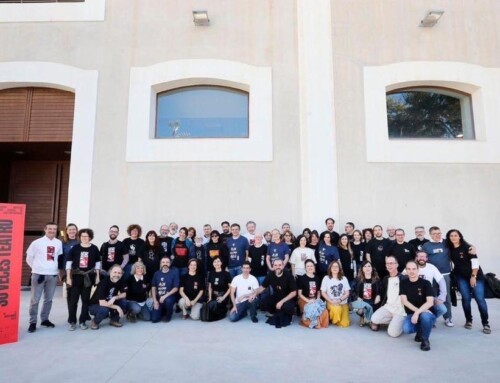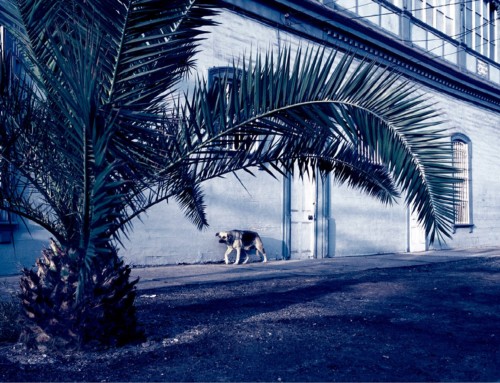After almost 100 submissions to our call-out last year, we were so excited last month to be able to announce the programme for #GlobalQueerPlays. On March 3 and 4 at the Arcola Theatre, the Arcola Queer Collective will showcase readings of seven plays on LGBT+ themes, four of which are translations. With plays from Argentina, India, Taiwan, Kosovo and France, and by Germany- and US-based writers of Jordanian and Egyptian origin, we will also be organising a series of post-show talks on themes of translation, LGBT+ rights, international theatre, and more. It promises to be an inspiring weekend.
More inspiration came in January in the shape of the second annual Also from [Foreign Affairs], another talk I took part in on the subject of international theatre in translation, chaired by Daniel Hahn in November, was released on SoundCloud this month. Back to my own translation work and this month I have two new translations hot off the press, of two very different plays from Spain. Julio Escalada’s On the Edge is a powerful thriller of modern-day ‘convivencia’, set in one of Spain’s oft-forgotten enclaves on the North African coast. Following its successful run in Madrid last year, I am delighted to have support from the Spanish Ministry of Culture, Education and Sport for this translation, which will be published later in the year. The tension is also high in Pedro Víllora’s classically inspired Electra in the Forest of Oma. This play, by the prolific Víllora, imagines Electra’s attempts to rescue the last remaining memory of her assassinated father Agamemnon’s legacy: the forest planted on the outskirts of Argos in his honour. The forest of Oma is a real forest in the Basque Country, where the artist Agustín Ibarrola has painted a living artwork on the forest’s trees. Finally for now, I was really honoured to be invited by the Spanish playwrights association, the AAT, to contribute to the latest edition of their journal, Las puertas del drama. In the article for this special edition focussing on translation, I discuss the outlook for Spanish playwrights hoping to be produced in the UK. There’s some good news, but still work to do if Spanish plays are to really make their mark in the same way as some of the French or German names we see often on UK stages. There’s more in the works which I will be announcing soon. But in the meantime, Happy Valentine’s!


Leave A Comment
You must be logged in to post a comment.